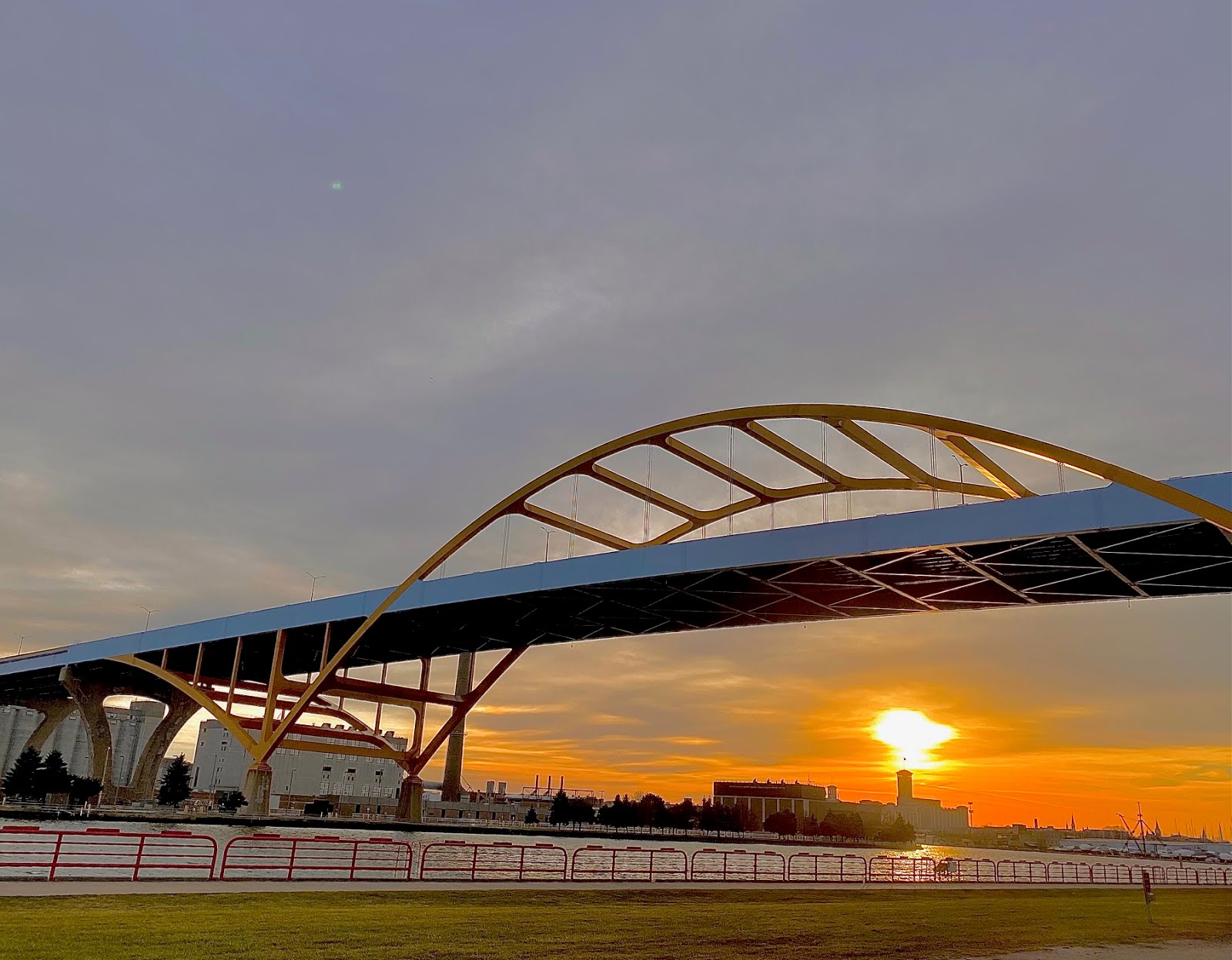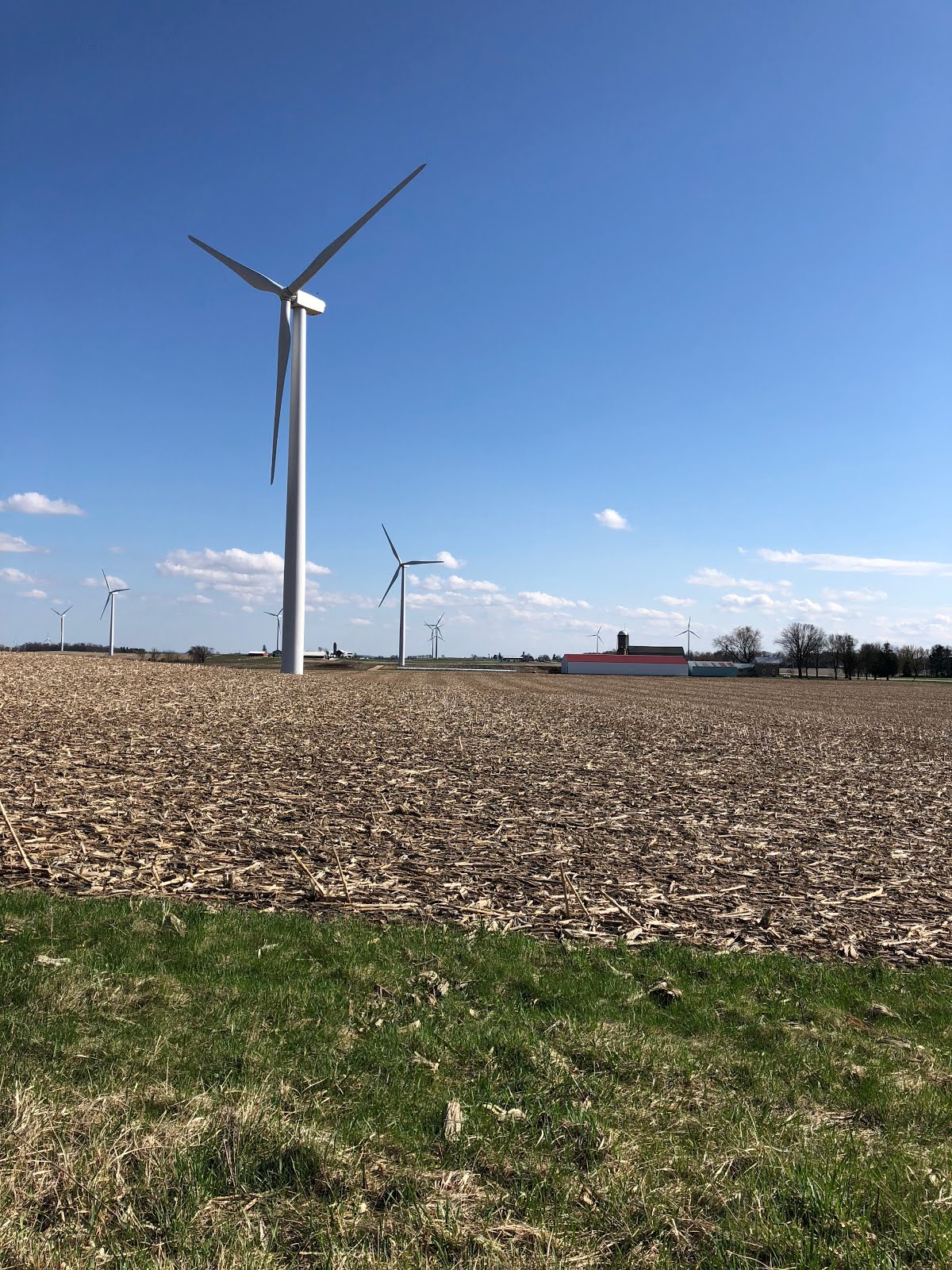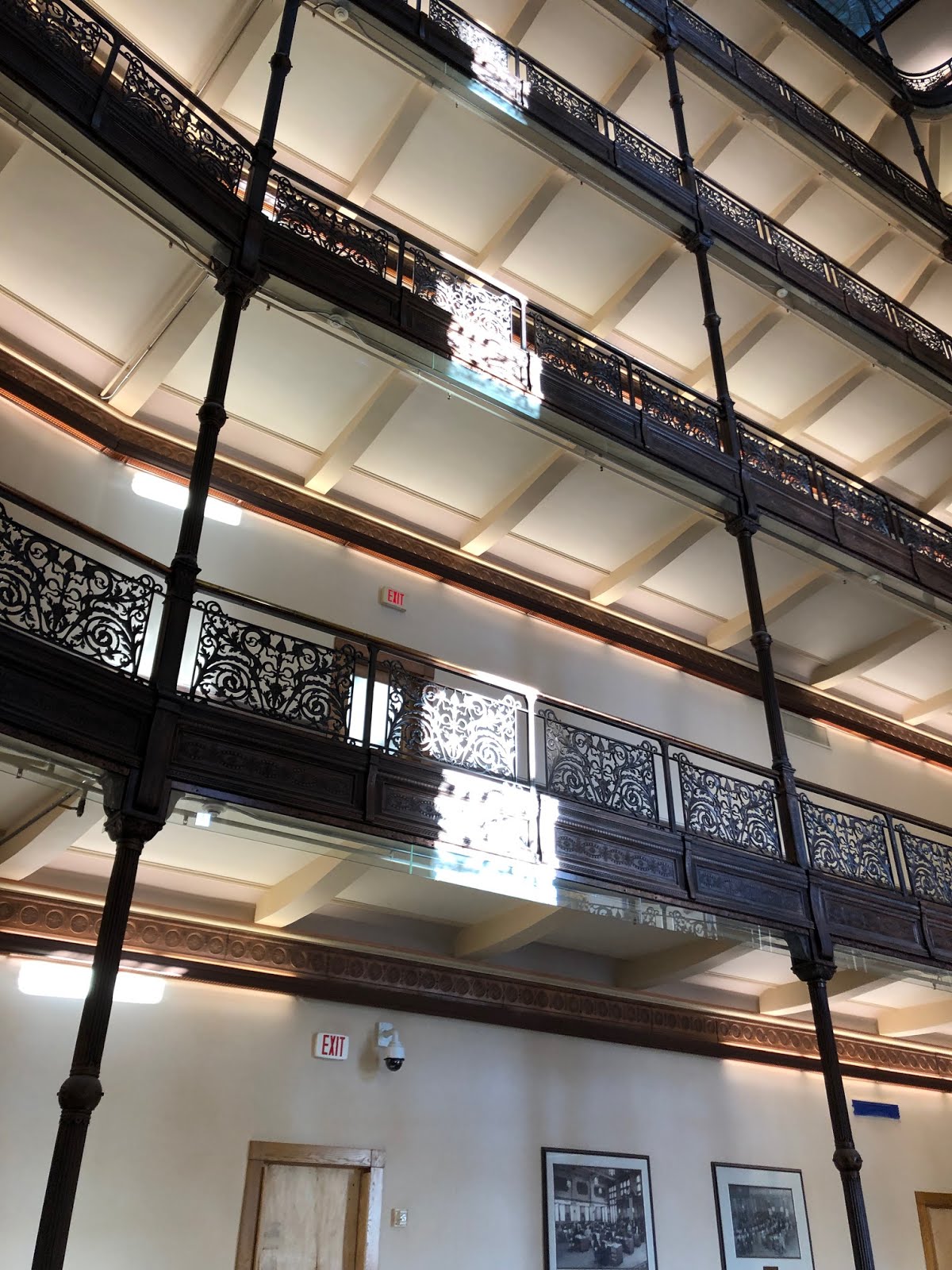Freeway (sic) Costs Soar: Where Is The Conservative Outrage
Fiscal conservatives and small-government advocates will complain about every form of taxation and government spending in Wisconsin - - except bloated highway budgets.
From light rail to farmland preservation to health care, so-called fiscal conservatives routinely bash tax-supported programs, but when it's the addition of more interstate highway lanes, despite soaring costs and dubious justifications, fiscal conservatives suddenly go silent.
Shouldn't a projected increase of at least 60%-to-70% to rebuild and add a lane to the southeastern Wisconsin freeway system from the Illinois border to the Milwaukee County border - - an extra $450 million - - raise the hackles of every tightwad in our supposedly-overtaxed state?
That's the fiscal dynamite a few paragraphs into a Milwaukee Journal Sentinel story about the next phase of the regional freeway construction schedule, once the Marquette Interchange project is finished in 2008:
"In 2003, the Southeastern Wisconsin Regional Planning Commission [SEWRPC] estimated the work would cost $942 million in 2000 dollars. A Transportation Department official said in 2005 that inflation would likely push that price tag into the range of $1.4 billion to $1.6 billion by 2011."
Those are all dollars collected from the public in gasoline taxes, fees, or borrowings by the state repaid with publicly-financed principal and interest payments.
Imagine if those whopping tabs and percentage increases were presented as the reality in any other program. Conservatives would be wailing from talk radio squawk-a-thons to rallies called by Citizens for Responsible Government about tax burdens, out-of-control spending, and distorted, big guvmint priorities.
But the highway lobby gets a pass from politicians and pundits who preach fiscal restraint because business interests love highway spending and the development it pushes as sprawl into exurban and rural areas.
Public costs? Local tax increases? Spiking demands for water and other resources? Costs like those aren't even part of the highway planners' playbook or the bureaucrats' budget projections.
And politicians in both parties, from the State Capitol to the town board level take donations from road-builders and commercial highway users, creating a bi-partisan code of self-interest that helps promote silence about the real ramifications of highway spending.
Were the initial cost-estimates of $6.2 for the seven-county freeway plan deliberately low-balled?
Will any watchdog agency, public or private, take a look at the increases, and determine whether the remaining billions in costs penciled in over the next 25 years come with more financial time bombs?
Does the Legislative Fiscal Bureau or the Joint Committee on Finance have the guts to open an inquiry into the southeastern Wisconsin freeway plan?
And while you're holding your breath for those answers, count on this: there will be no relief from Wisconsin's extremely high gasoline taxes and steadily-rising transportation fees.
Nor will there be a shakeup in transportation funding that sends an unequally-large share of public dollars to highway expansion instead of upgrades to the state's mass transit systems.
In the same vein, road projects outside of southeastern Wisconsin will also take a back seat to the budget-busting demands of the regional freeway system.
Boston has its Big Dig.
Maybe we should rename our freeway system The Money Pit.









No comments:
Post a Comment